They arrived from Kyiv to the “safe” city of Lviv but were left homeless after a missile strike: the family of journalists Pavlo Vuets and Natalia Sokyrchuk narrowly escaped during enemy shelling in July 2023. Just minutes before the “arrival,” they and their 9-year-old son managed to make it to the basement. Natalia Sokyrchuk spoke about how those events affected their lives and the support they received from the journalistic community, particularly the Ukrainian Union of Journalists.
The place they lived, Natalia says, was pleasant and cozy. However, the family was unaware that strategic facilities were located nearby. “We arrived in Lviv in early March 2022, and at that time, finding housing wasn’t really a choice,” Natalia recalls. “We had friends who offered us an apartment. There was no alternative, even if you had money.”
“It was the beginning of the full-scale war, and at that time, the missile danger was perceived very differently. For the first few weeks, we went to shelters. Then we began to see the air raid warnings as a routine nuisance. We didn’t even think about the location of our apartment—we just lived and worked.”
Pavlo Vuets works as a political columnist for the publication Glavkom, while Natalia is a freelance journalist for the same outlet and a member of the Lviv editorial team of Lux FM radio station. Despite their growing sense of complacency about air raid warnings, Natalia recalls an incident that happened about two weeks before the missile strike.
“An air raid alert was announced, and it was loud in the apartment. During the alert, I heard the sound of a Shahed. This was Lviv, last year, and Shaheds weren’t common at the time. I was terrified. I grabbed my child, and we ran to the shelter in our pajamas. While we were there, I heard the sound of the Shahed and the air defense systems working. It made a strong impression on me. It was as if this moment prepared me to act when the missile strike happened two weeks later.”
On the night of July 6, Natalia woke up to the sound of a siren. She thought they might hear Shaheds again. The family moved to the bathroom for safety but soon saw news reports of missiles heading toward Lviv.
“My husband left the bathroom and noticed that the glass in our living room had shattered. I thought, ‘That was just the first missile—more are coming.’ I prayed, and when I finished, I realized we had to leave. Not just leave, but leave quickly. We grabbed jeans, a bag, and my child’s soft toy. Still in T-shirts, we ran to the basement shelter. As soon as we entered, I felt a rumble—it was like a plane flying overhead, only louder. Then came a dull thud. At that moment, plaster fell on my head, and a wooden door hit me lightly from behind. I thought the ceiling was collapsing.”
In the shelter, Natalia saw Telegram updates indicating that another missile was incoming. She realized neither the house nor the basement could withstand another hit.
“We left the basement. There were people walking around, including a man with a leg injury. I happened to have antiseptic with me. I don’t know if it was the right thing to do, but I gave it to him, and he used it to treat the wound. Within minutes, the patrol police arrived. I asked the officer what to do, and he told us to head to the road. My neighbors and I stood there briefly before deciding to go to a nearby park. While we were there, another missile flew overhead. My neighbors and I fell to the ground. When the explosion came, we felt the ground shake beneath us.”
When the alarm finally ended—close to dawn—Natalia and her family wanted to check their house and car. The dust made it hard to see, but it was clear that the upper floors were gone, along with their apartment and their car parked nearby. At this critical time, the family received significant support from friends and colleagues. “I felt such powerful support,” Natalia says. “The editor-in-chief of Glavkom called to say they would help with anything we needed. But at that moment, you don’t even know what you need. You just need to sit and drink water. A journalist friend of my husband called, offering their apartment in Lviv since they were going on vacation. So, within a week, we had a place to stay and collect ourselves. The National Union of Journalists of Ukraine provided my husband with a laptop, and my workplace gave me one too. We had a place to live and tools to work, but no one pressured us to start working immediately.”
When looking for a new apartment, the family had two non-negotiable requirements: it had to be on a low floor and have a nearby shelter. Natalia notes that their realtor said they were the first family to prioritize finding a home with a shelter. Experiencing such a traumatic event inevitably changes a person, Natalia reflects. New priorities and values emerge.
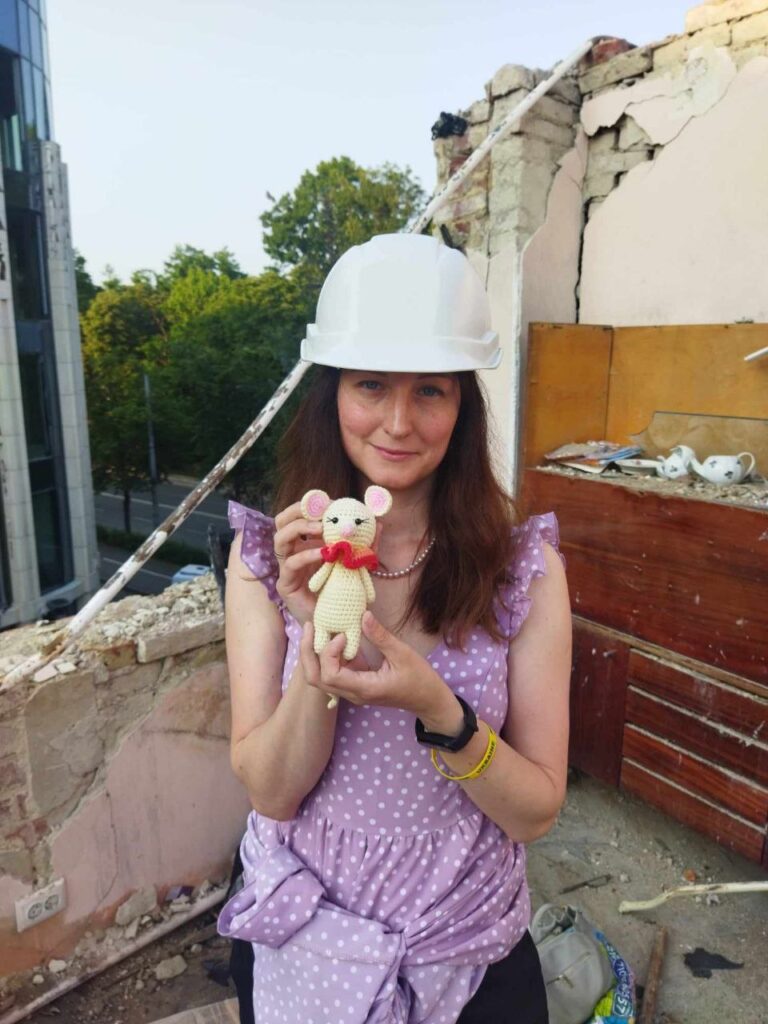
“You begin to see life differently. Some ‘cockroaches’ settle in your head and stay there. During the war, I even tried to change my profession because it was so difficult to write about the war and related topics. I tried working in software testing but eventually returned to journalism. At first, I thought I’d enjoy being removed from morally challenging topics and communication with people. But after two months, I started missing it. They say journalism is a drug, and apparently, that’s true.”
Working at Lux FM has helped Natalia strike a balance between heavy and light topics, making it possible to continue her work without giving up journalism entirely. The events of July 6, 2023, profoundly reshaped Natalia’s outlook on life.
“I realized, like never before, how much I might need someone’s help and how important it is to accept it and be grateful. Just as it is vital to help others whenever you can. I also felt how the value of family, which was already central to me before the full-scale war, grew even stronger. In truth, a person doesn’t need much to be happy: a family, clothes to wear outside, and a little stability. Just before the war began, I thought my life was boring. Now, whenever thoughts of monotony come to mind, I think, ‘What a joy!’ For me, stability is an essential part of happiness.”
Created as part of the project “Raising awareness among target groups in Ukraine and abroad about Russian war crimes against journalists in 2024 and increasing public pressure for the release of captured journalists”, which is implemented by the National Union of Journalists of Ukraine with support of the Swedish non-profit human rights organization Civil Rights Defenders.

 THE NATIONAL UNION OF
JOURNALISTS OF UKRAINE
THE NATIONAL UNION OF
JOURNALISTS OF UKRAINE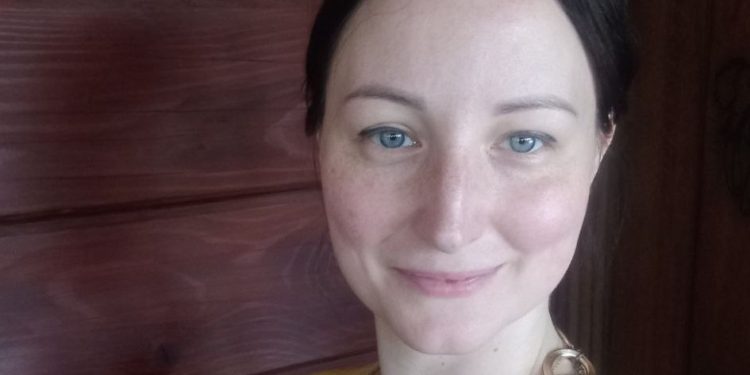
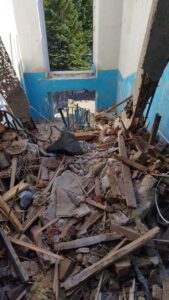
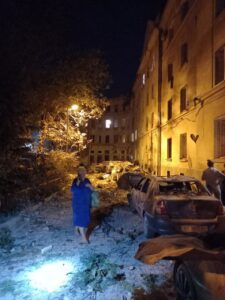
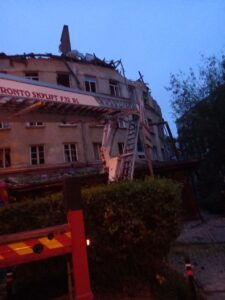
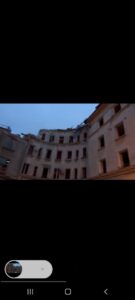
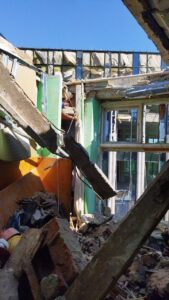
















Discussion about this post